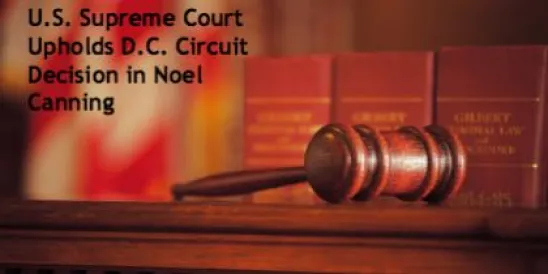In North Carolina, many lawsuits result in the entry of a judgment that establishes one party's right to collect payment of a certain amount of money from another party.
It may be easy to view the entry of judgment as the conclusion of a claim, but that is not typically the case. That judgment is merely a piece of paper that establishes your right to payment, and obtaining it, is only half the battle. It is quite likely that the person or business you sued is not going to voluntarily pay the judgment upon its entry. So, how do you collect the money you are owed?
How Can You Recover?
In North Carolina, the process of collecting a judgment – called "judgment execution" – is a process governed by statute. The execution process generally lasts for a period of up to 90 days once it has been issued. During that time, one or more Sheriff's Departments will be tasked with investigating whether or not the party liable on your judgment – the "judgment debtor" – owns property in that Sheriff's county. If the property is located, and if it has enough value to justify further action, it can be seized and sold by the Sheriff to pay your judgment. Of course, there are a myriad of procedural rules and requirements that you must follow to see this process through to completion.
How Does Judgment Execution Start?
Before execution, you or your attorney must answer a number of questions.
-
Is your judgment debtor an individual or a business entity?
-
If your debtor is an individual, does the debtor reside in North Carolina?
-
Are there multiple parties obligated to pay you?
Your right to collect – and the procedures that you must follow to collect – may differ based on the answer to these questions.
By law, judgment debtors who are individual residents of North Carolina are entitled to claim certain "statutory exemptions." These exemptions are specifically defined by North Carolina statutes and allow the judgment debtor to place specified dollar amounts of certain types of property beyond your reach. For example, the debtor may be able to claim $3,500.00 in value of one motor vehicle, or $5,000.00 worth of household goods and furnishings as exempt from your collection efforts.
Until you provide the judgment debtor with the requisite notice, and an opportunity to claim exemptions has been given, you will be unable to proceed with any execution efforts. However, the judgment debtor only has 20 days from being served with the notice in order to assert a claim to their exemptions. If not, the exemptions are waived.
Importantly, only individual residents of North Carolina are entitled to receive a notice and are given an opportunity to claim exemptions. If your judgment debtor is a business entity or is an individual who is not a resident of North Carolina, they will be unable to claim any statutory exemptions.
Where Do You Go From There?
Once the statutory exemptions have been either approved by the Court, waived, or determined to be inapplicable, the judgment execution process can proceed. The next step involves requesting the Clerk of Court for the county where your debtor's property is located, to issue a "Writ of Execution." This document directs the local Sheriff to conduct an investigation into the status of the judgment debtor's assets and is valid and enforceable for a period of up to 90 days from the date of its issuance.
If the Sheriff locates non-exempt property during that time, it may be seized and sold, with the proceeds being used to satisfy your judgment in whole or in part. With some limitations, property that can be seized by the Sheriff typically includes cars, motorcycles, airplanes, boats, valuable jewelry, artwork, funds in bank accounts, corporate stock, and other real or personal property. Once seized, the property is typically sold by the Sheriff at an auction sale with the net proceeds paid to you.
What Can You Do If The Sheriff Does Not Find Any Property?
If the Sheriff is unable to locate property subject to execution, there is a variety of other tools to employ in order to investigate and recover on your judgment. Several options fall within a category of actions called "supplemental proceedings." Supplemental proceedings include, but are not limited to:
-
Issuing written interrogatories that your judgment debtor must answer under oath;
-
Conducting an in-person examination of your judgment debtor under oath to ask questions about the extent and location of your debtor's assets; and
-
Obtaining additional court orders that direct your judgment debtor or other parties who are in possession of your debtor's property to surrender that property to you.
Additionally, if your judgment debtor owns an interest in any limited liability company ("LLC"), you may be able to obtain a "charging order" against your debtor's interest in the LLC. This order requires (or "charges") your debtor's interest in the LLC to be paid towards your judgment. Although you cannot assume your debtor's role as a member and/or manager of the LLC, you do gain the right to receive your debtor's share of any financial distributions made by the LLC to its members.
Conclusion
In many cases, obtaining a judgment does not immediately result in receiving payment of what is due. Typically, additional efforts are required in order to reduce your judgment into payment.





 />i
/>i

